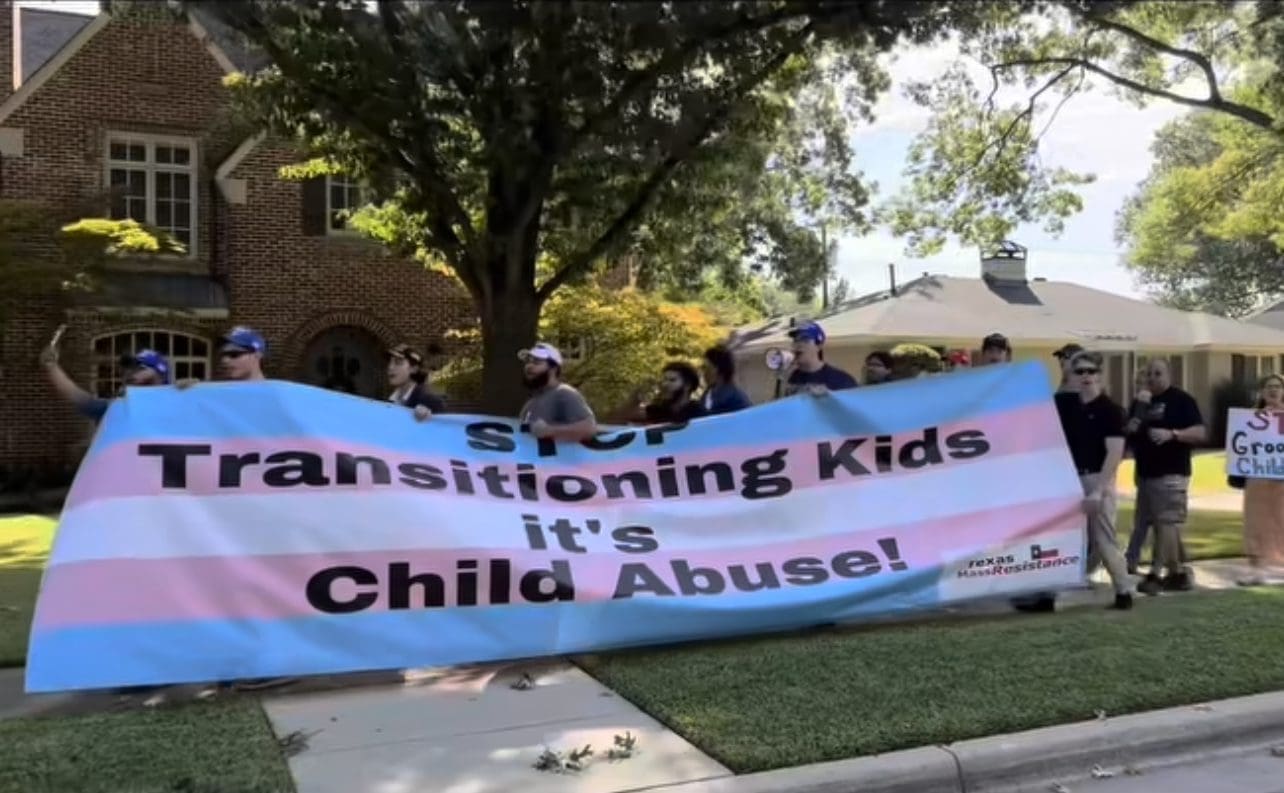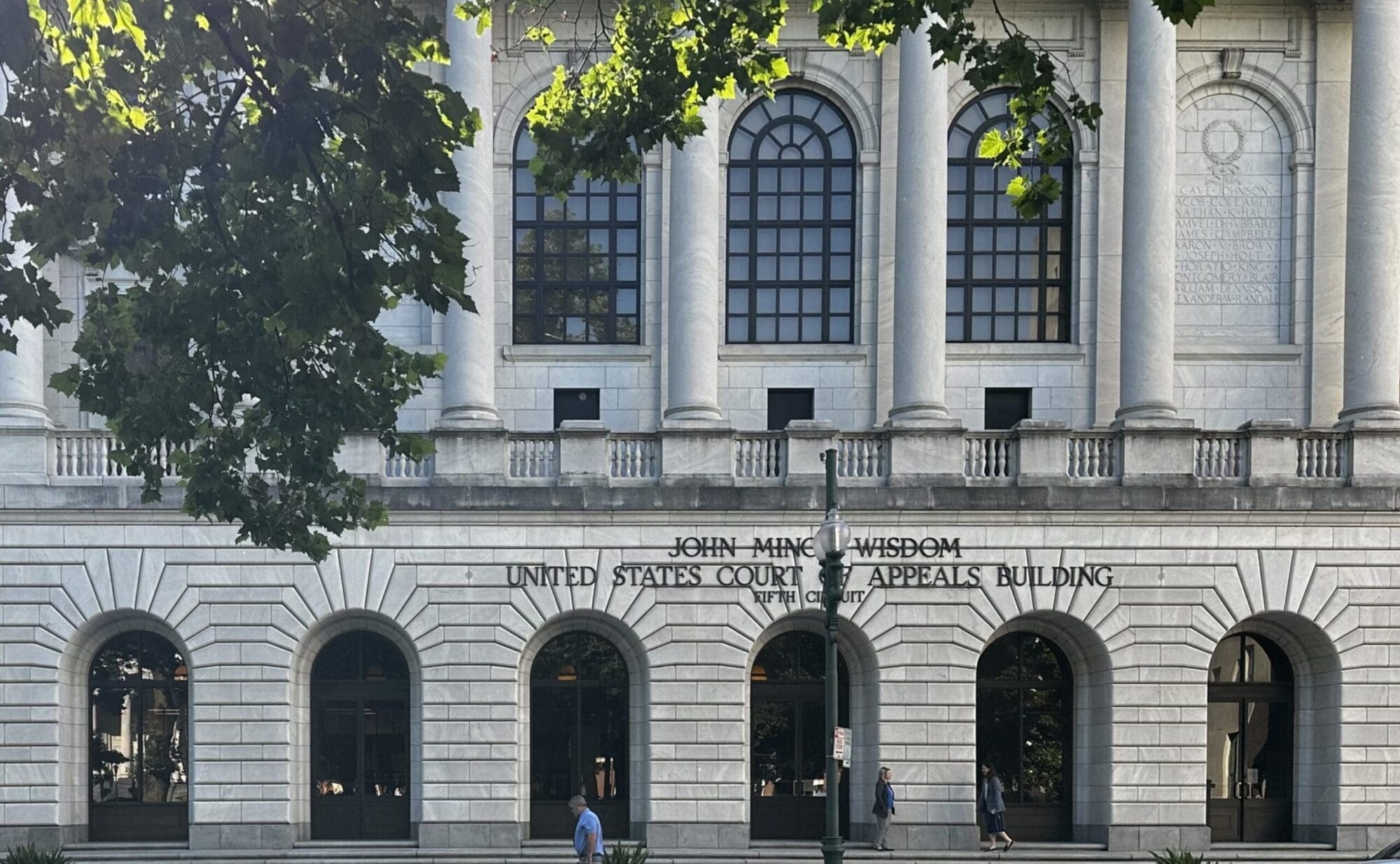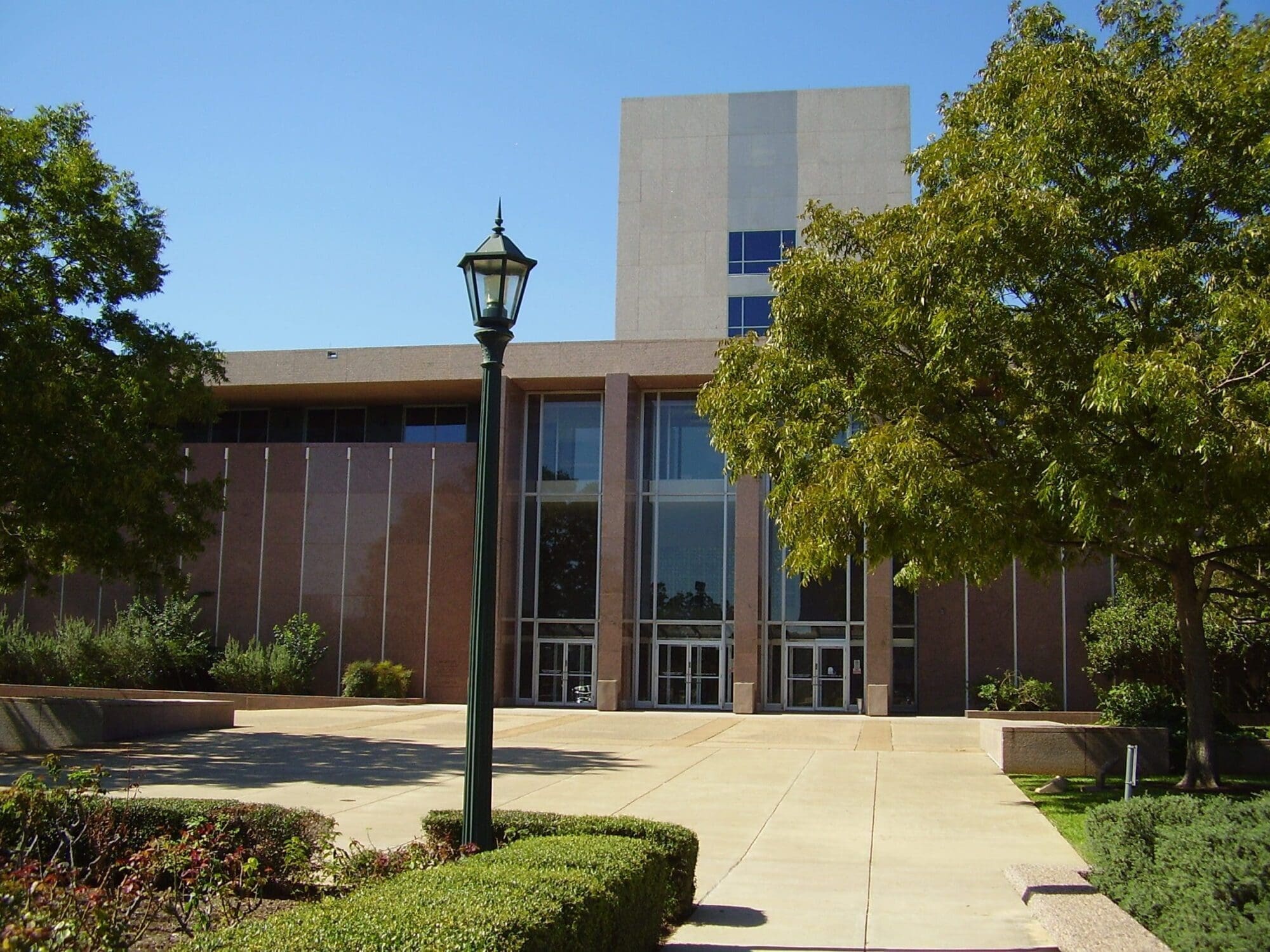Texas can enforce its ban on drugging and mutilating gender-confused children, according to a ruling issued Friday by the state’s Supreme Court.
The ban, passed last year as Senate Bill 14, prohibits giving minors life-altering medical interventions that purport to treat the psychological condition of gender dysphoria.
The banned treatments include drugs like puberty blockers and cross-sex hormones, as well as surgeries to remove healthy body parts, if they are prescribed for “transitioning” a child’s biological sex or “affirming” a child’s mental misperception of their sex.
Young patients are often left sterile and suffer other irreversible side effects.
In an 8-1 decision, the Texas Supreme Court reversed an order issued by a trial court in Travis County that temporarily blocked SB 14’s ban on the controversial treatments.
Plaintiffs in the case, including the ACLU of Texas, claimed the ban violated the Texas Constitution.
The all-Republican Supreme Court disagreed, emphasizing “the fundamental right of all fit parents” to direct their child’s care while acknowledging the Legislature’s “legitimate interests in both regulating medical procedures and in protecting the health and wellbeing of children.”
Justice Rebeca Huddle wrote the court’s opinion, stating that “novel treatments for a novel condition are generally within the Legislature’s power to regulate.”
The opinion noted that doctors’ rationale for prescribing the drugs and procedures “relies heavily on standards of care promulgated less than two years ago by the World Professional Association for Transgender Health,” a transgender advocacy organization discredited by recently leaked files.
According to the court, “The statute does not sever parents’ control or autonomy to make medical decisions for their children, nor does it displace a child’s parent as the ultimate decision maker.”
Rather, “the Legislature had a rational basis for concluding that the risk of providing these treatments to children solely for the purpose of physically transitioning from their sex at birth was not outweighed by the benefits.”
The court concluded that the Texas Legislature made a “permissible, rational policy choice to limit the types of available medical procedures for children, particularly in light of the relative nascency of both gender dysphoria and its various modes of treatment and the Legislature’s express constitutional authority to regulate the practice of medicine.”
The court also rejected the plaintiffs’ argument that SB 14 unconstitutionally discriminates against “transgender” children.
“We decline plaintiffs’ invitation to create a new protected class beyond those Texas voters have adopted,” wrote Huddle.
In a concurring opinion, Justice Jimmy Blacklock wrote that the “heart of the dispute is moral and political, not scientific and medical,” adding that doctors “have no special expertise in answering moral and political questions.”
This litigation asks whether the sovereign People of Texas have the power, through their representatives in the Legislature, to answer moral and political questions about childhood transgender therapy in accordance with the Traditional Vision of what it means to be human, male and female. The answer is yes.
Justice Evan Young wrote in a separate concurrence, “The legislature has the authority to pass generally applicable laws for the protection of children that do not violate parents’ rights but instead reflect parents’ obligations to their children.”
Young noted that “parental authority is absolute within the realm of lawful choice—but there are areas altogether outside that realm … The use of drugs or surgery to counteract a child’s normal biological development and function is not a course of conduct that our legal traditions have committed to the realm of parental discretion.”
Because “the claim of parental authority in this case is outside the zone of authority or autonomy,” Young concluded that “the ordinary process of self-government remains intact.”
Justice Debra Lehrmann filed the lone dissenting opinion, calling SB 14 “cruel” for withholding harmful and irreversible medical interventions from “children for whom treatment could be lifesaving.”
The law is not only cruel—it is unconstitutional. The Court claims that its decision today does not deprive children diagnosed with gender dysphoria of appropriate treatment; it is simply answering the legal question before it. Yet, answering the question does just what the Court denies—it effectively forecloses all medical treatment options that are currently available to these children.
Recent research refutes claims that drugging or mutilating gender-confused children is “lifesaving.”
Medical experts reject the idea that gender-dysphoric children will be driven to suicide without sterilizing drugs and surgeries—one doctor called the “transition or suicide” choice “purposeful disinformation.” Instead, they recommend counseling for these troubled children.
Studies have shown that 80 percent of gender-dysphoric children grow out of it without medical interventions.
No ads. No paywalls. No government grants. No corporate masters.
Just real news for real Texans.
Support Texas Scorecard to keep it that way!





